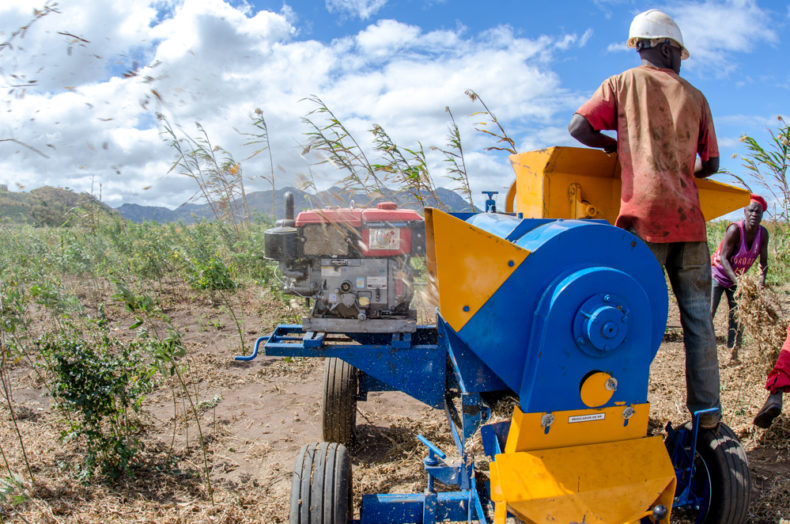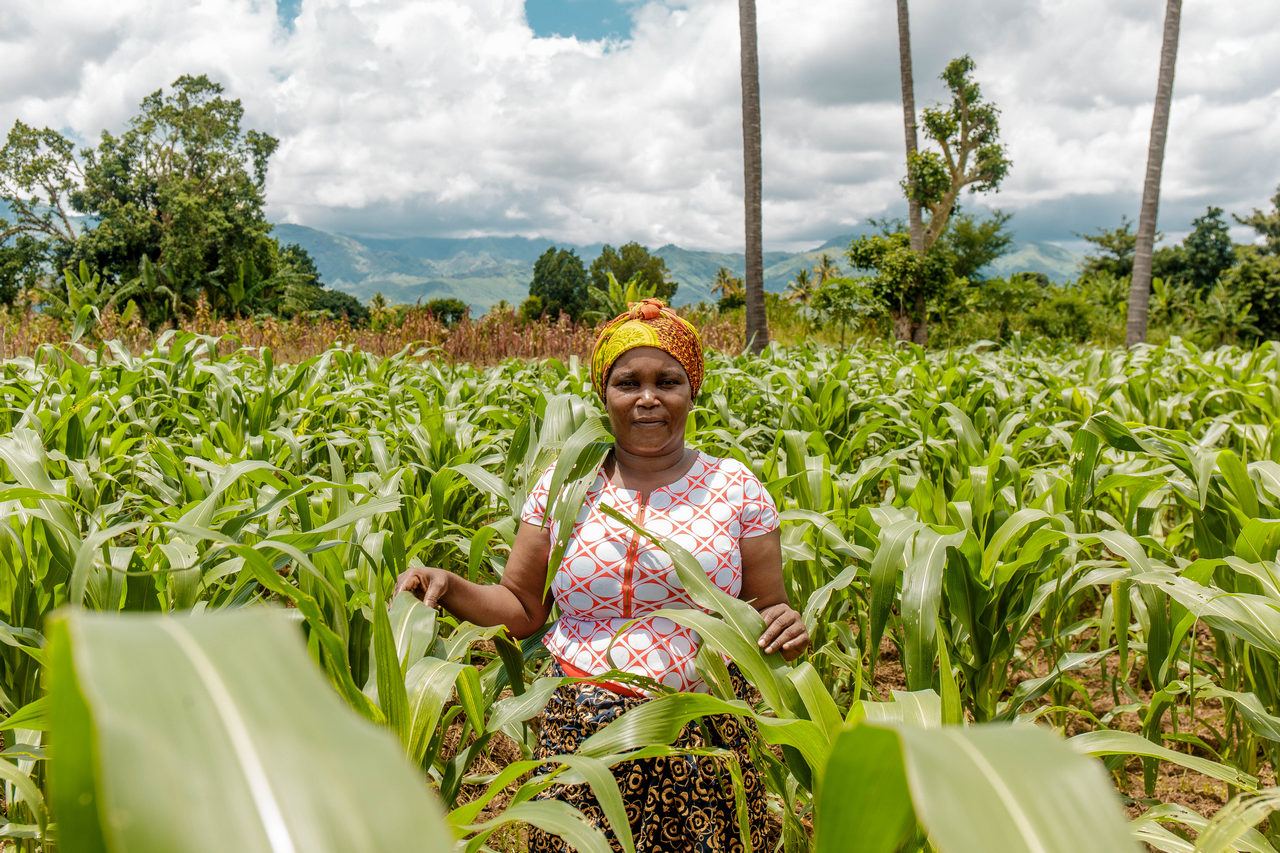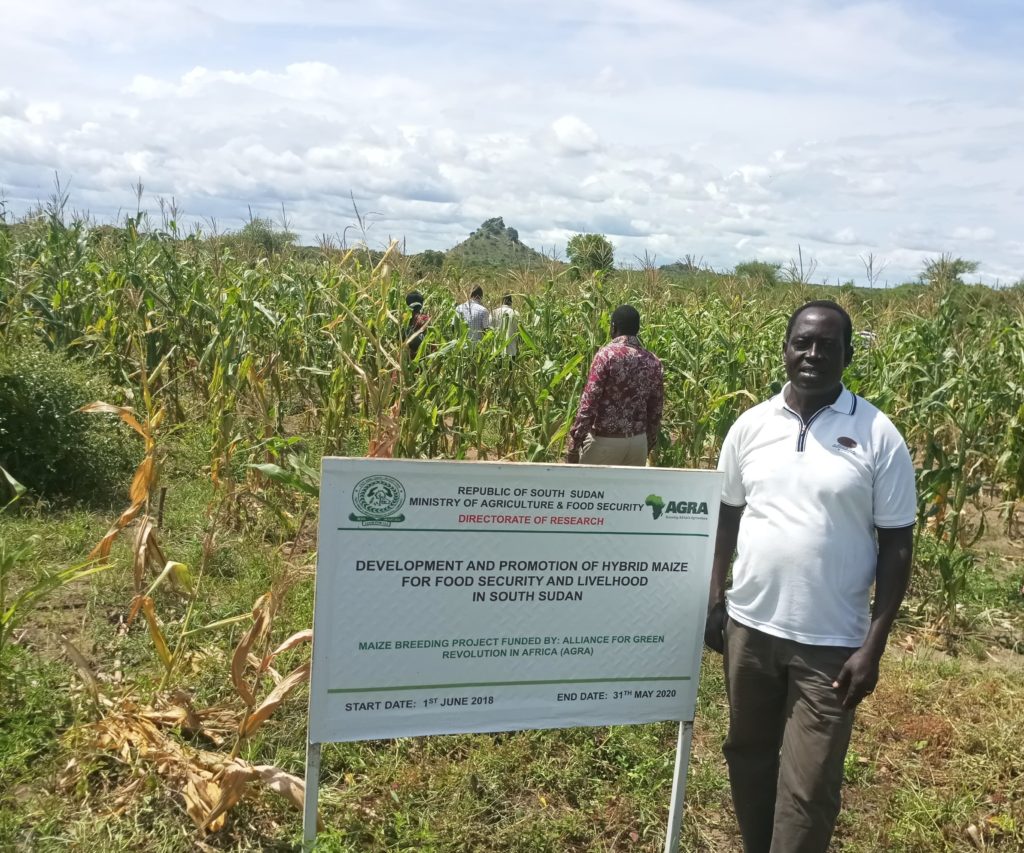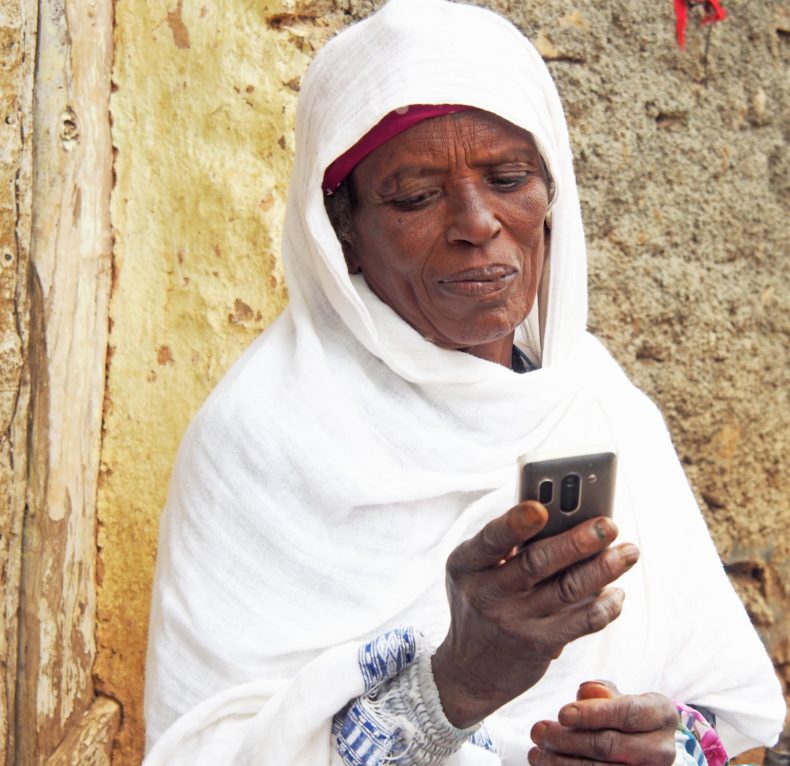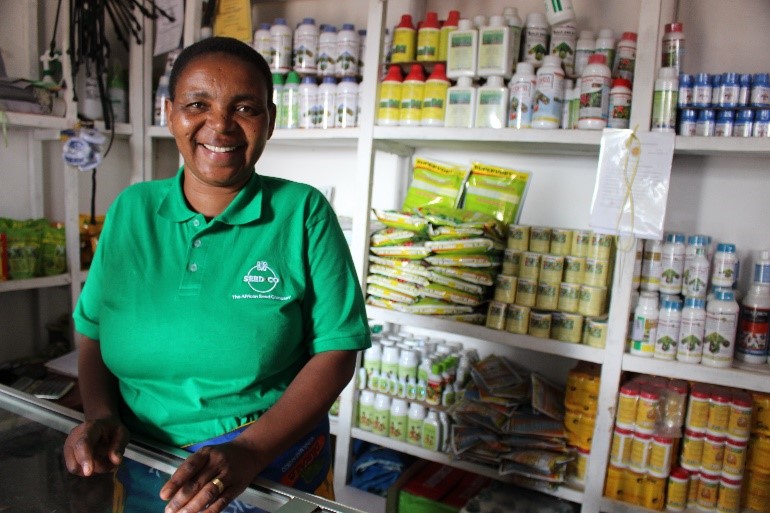Two dozen women in Gurué district, Zambezia province, are being funded by Gapi-SI to establish small agro-industries capable of processing the production of local farmers.
Financial resources have already been made available for the purchase of eight combine harvesters costing 3.2 million meticais. Other entrepreneurs in the same group will shortly sign financing agreements to purchase similar equipment.
The women entrepreneurs who accessed this financing made contributions demonstrating their commitment to the business. Delivering the first eight harvesters to the entrepreneurs, local authorities representatives welcomed the initiative for generating jobs in the rural areas where they will operate.
The provision of funding to these women entrepreneurs is part of a programme to promote the rural private sector partnered by US non-governmental organisation TechnoServe and AGRA (Alliance for a Green Revolution in Africa).
Gapi defined the promotion of agro-industry in rural areas as one of its strategic areas for promoting entrepreneurship and encouraging investment in sectors that contribute to food security.
The equipment will empower the women to process about 60 tons of the 2017-18 agricultural campaign production, producing gross income of more than 100,000 meticais. Gapi and Technoserve have supported the entrepreneurs by ensuring their business plans are sustainable, providing for a charge of 85 meticais per 50 kg bag of processed product.
“Now we are going to be able to earn some more money processing soybeans, corn and beans. We will be able to help support our family and put our children through school. We acknowledge Gapi’s help in making more and better deals,” women’s group representative Amélia Bitone said.
Gapi’s Training and Business Consulting services provides training in basic business management processes like registration and control of production, revenues and expenses. Technoserve has contributed with specialised knowledge in improving agricultural production and structuring value chains relevant to the success of small and medium-scale businesses. The improvement programme for crop seeds like soybeans, has helped farmers significantly improve their incomes and evolve from family into commercial farmers.
Gapi’s loans to these women were promoted by Quelimane Gapi manager Nilza Francisco, who revealed that funding these two dozen women entrepreneurs was only the first phase of a broader Gapi programme to foster agribusiness in the region.
“In this first phase, we gave priority to localities like Ruace, Magige and Lioma, where agricultural production actually registered a quantitative and qualitative growth,” she said.
“We are preparing to extend these training and financing services to another two dozen operators in the region. Gapi is committed to creating national entrepreneurs who, with us, are prepared to invest in rural areas and create jobs, especially for young people,” she concludes.


